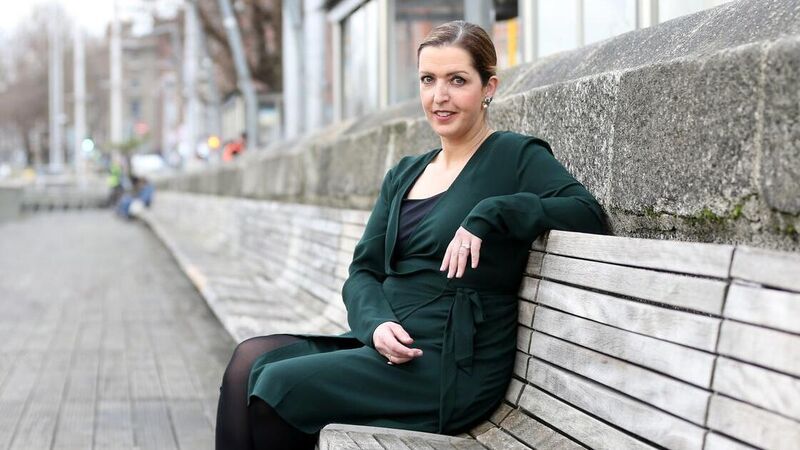Clodagh Finn: National love for Vicky Phelan is in stark contrast to State’s cold shoulder

Vicky Phelan has a number of new tumours, and will now receive palliative chemotherapy in Ireland. Picture: Sam Boal/RollingNews.ie
When CervicalCheck campaigner Vicky Phelan first went to America for cancer treatment, poet Rye Aker wrote a glorious poem called Vicky In The Flat, telling her that everyone in Ireland would be her virtual flatmate during her stay.
It went: “The new girl moved in next door. From Ireland. And four million Irish flatmates with her, with their arragh go on at the end of each day. Asking her ‘what’s the craic’?”















